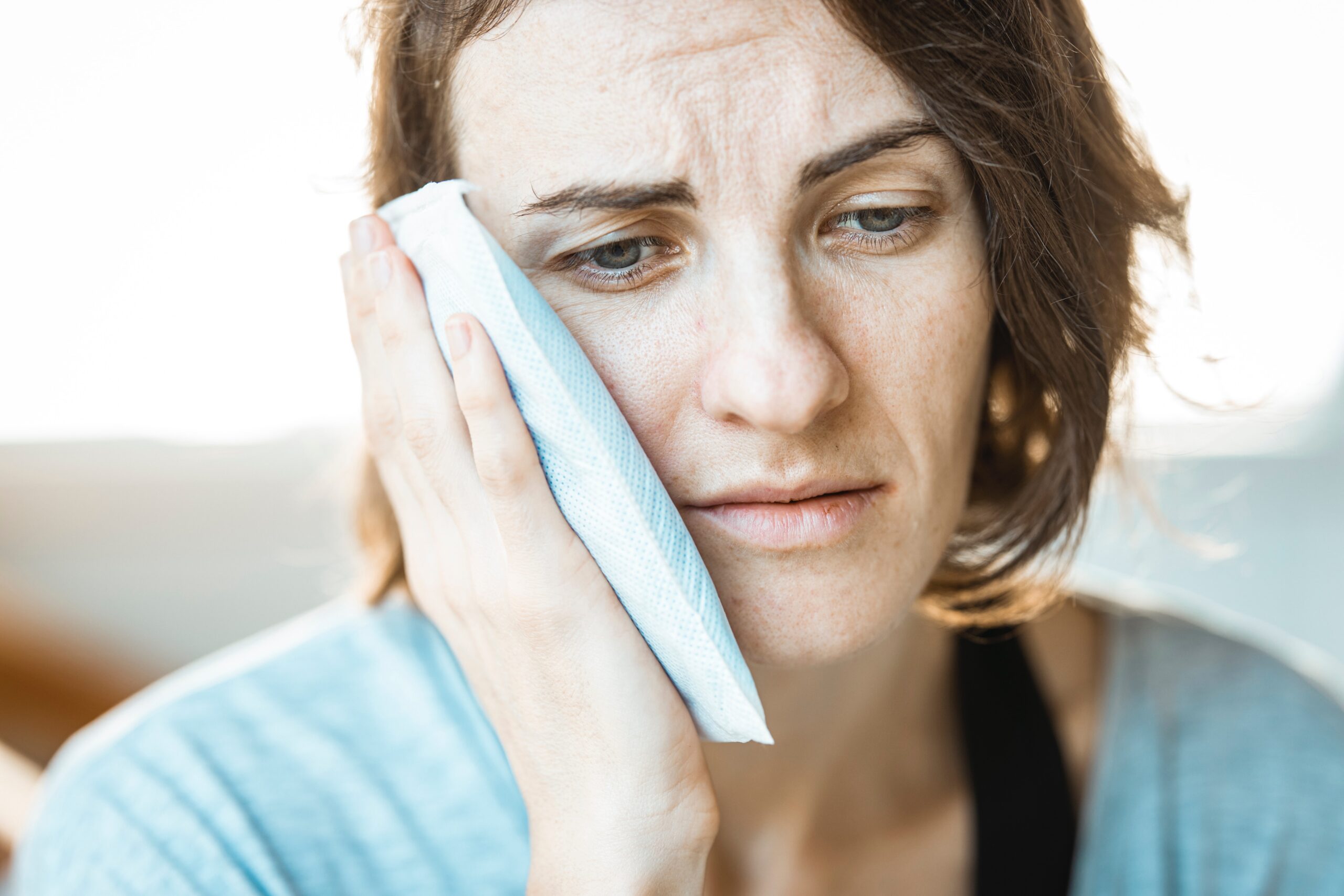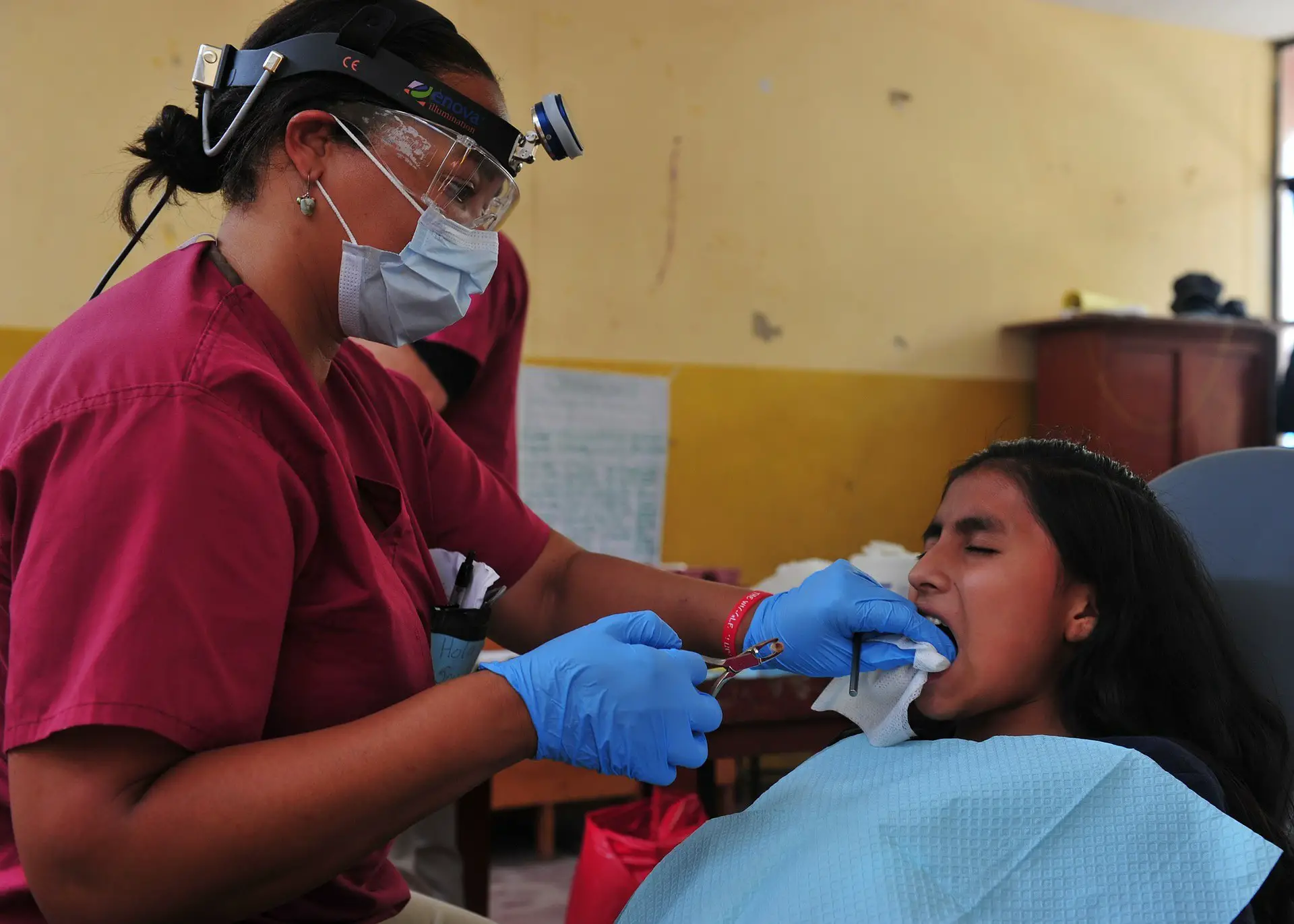As a BetterHelp affiliate, we receive compensation from BetterHelp if you purchase products or services through the links provided
You recently had your wisdom teeth removed by the dentist and are nervous about what comes next. How do you sleep after wisdom teeth removal? How do you take care of your mouth? We will answer all of those questions in this blog post and more! We will also provide tips for making the healing process as smooth as possible. So read on to learn everything you need to know about sleeping and the recovery process after wisdom teeth removal!
What Is Wisdom Tooth?
The wisdom tooth is the last tooth to erupt in the mouth, and it typically appears between the ages of 17 and 25. Wisdom teeth are located behind the molars at the very back of the mouth. They are called “wisdom teeth” because they are usually the last teeth to come in, and they are generally larger than the other teeth in the mouth.
An impacted wisdom tooth can cause pain and inflammation, and it may also lead to gum disease or tooth decay. In some cases, impacted wisdom teeth will need to be removed. Removing wisdom teeth is a standard dental procedure, and an oral surgeon usually performs it.
How To Sleep After Wisdom Teeth Removal?

Are you concerned about how removing your wisdom teeth may affect your sleeping patterns? You are not alone in feeling anxious; a significant number of people suffer from the same condition. Even more importantly, post-surgical discomfort may make getting a good night’s sleep more challenging.
Fortunately, with the appropriate technique, you will be able to sleep soundly after having your wisdom teeth extracted. We’ll talk about how to get the rest you need after having your tooth extracted in this section.
Take Your Pain Medication
The first step is to take your pain medication as prescribed by your dentist. This will help you manage any discomfort you may be feeling. However, it is essential to note that pain medication can make you drowsy, so it is best to take it at night before you go to bed.
If you are taking ibuprofen, be sure to drink plenty of water as it can dehydrate you. In addition, avoid drinking alcohol while taking ibuprofen as this can also lead to dehydration.
Use a Cold Compress
If you are experiencing swelling after the surgery, using a cold compress may help to reduce the inflammation. You can buy cold compresses at most pharmacies or drugstores. Apply the compress to the outside of your cheek for 20 minutes at a time.
Find A Right Sleeping Position
After the wisdom teeth removal, it is essential to find a comfortable position. One option is to sleep on your back with your head elevated. This will help to reduce swelling and pain. In addition, you can prop yourself up by using pillows or blankets.
Another option is to sleep on your side with a pillow between your legs. This will help to keep your jaw in a comfortable position.
Sleep Elevated
Sleeping with your head elevated will help to reduce swelling. You can achieve this by propping yourself up with pillows or sleeping in a recliner chair. Sleeping in this position will also help to prevent you from accidentally touching the surgical site and causing irritation.
Get Plenty of Rest
It is vital to get plenty of rest in the days following surgery. This will allow your body to heal correctly and reduce the amount of discomfort you experience. Try to avoid strenuous activities and take it easy for a few days.
The Recovery Process
Now that your wisdom teeth are gone, you will need to take some time for the recovery process. This can vary depending on how your teeth were removed and how healthy you are overall. In most cases, it is recommended that you take at least a week off of work to allow yourself plenty of time to rest and recover.
You may experience some swelling and discomfort after the surgery, but this is normal. Your dentist will likely prescribe pain medication to help you manage any discomfort. They may also recommend using ice packs or warm compresses to reduce swelling.
It is essential to keep your mouth clean after surgery, so be sure to brush and floss regularly. You may also need to use a special mouthwash prescribed by your dentist.
Your diet will likely be limited for the first few days after surgery. First, you should stick to soft foods that are easy to chew and avoid hot beverages or alcohol. Then, as you start to feel better, you can slowly add other foods back into your diet.
Getting a good night’s sleep is essential for recovery, so be sure to get plenty of rest in the days following your surgery.
Now that you know how to sleep after wisdom teeth removal follow these tips to make the healing process go as smoothly as possible!
Is It Necessary To Sleep With Gauze Pad After Wisdom Teeth Extraction?
Following your wisdom teeth extraction, your dentist will most likely provide you with a gauze pad to chew on. This will aid in the control of the bleeding. You may need to change the gauze numerous times during the first day following surgery.
Another question that you may have is whether or not it is necessary to sleep with the gauze in place. The majority of the time, the answer is yes. Leaving the gauze in place overnight will aid in controlling the bleeding and the cleanliness of the wound.
Of course, you may find that you are more comfortable without the gauze, as each person is different. As a result, make sure to tell your dentist about it so that they can offer you precise instructions on how to care for the surgical site after the procedure.
If you have any other questions or concerns about sleeping after wisdom teeth removal, be sure to talk to your dentist. They will provide you with more detailed instructions and help you through the healing process.
Final Thoughts
It is usual to have soreness following wisdom tooth extraction. Elevating your head while sleeping, taking prescribed pain medications, and sleeping in a pleasant setting may all help you manage swelling and pain while sleeping.
Having your wisdom teeth removed can be a big ordeal, but it is essential to take care of yourself during the recovery process. Be sure to get plenty of rest and follow your dentist’s instructions for a smooth and speedy recovery.
- How To Sleep With A Chemo Port? - March 7, 2022
- How To Sleep With Stomach Ulcer - March 7, 2022
- How To Sleep After Wisdom Teeth Removal? - March 6, 2022
This site contains affiliate links to products. We will receive a commission for purchases made through these links.



